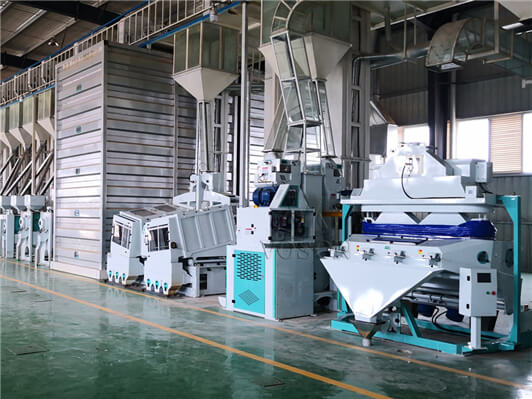100 Ton Rice Mill Project Cost: What You Need to Know
Rice is one of the most important staple foods in the world. It is consumed by billions of people every day. However, rice production is not an easy task. It requires a lot of investment, equipment, labor, and land. If you are planning to start a rice mill business, you may wonder how much it will cost to set up a 100 ton rice mill project.
100 Ton Rice Mill Project: A Rewarding but Challenging Business
A 100 ton rice mill project is a large-scale rice processing plant that can produce 100 tons of rice per day. It consists of several machines and equipment, such as paddy cleaner, destoner, husker, whitener, polisher, grader, color sorter, packing machine, boiler, generator, etc. The cost of a 100 ton rice mill project depends on many factors, such as the quality and capacity of the machines, the location and size of the land, the electricity and water supply, the labor and transportation costs, and the taxes and fees.
According to some estimates, the average cost of a 100 ton rice mill project ranges from $500,000 to $1.5 million USD. However, this is only a rough figure and may vary depending on your specific situation and requirements. Therefore, before you start your rice mill project, you should do a detailed feasibility study and market analysis to determine the exact cost and profitability of your business.
A 100 ton rice mill project can be a lucrative venture if you have enough capital, experience, and market demand. However, it also involves a lot of risks and challenges. You need to ensure that you have a reliable source of raw materials, a competitive price strategy, a good quality control system, and a strong customer base. You also need to comply with the local laws and regulations regarding food safety, environmental protection, and labor rights.
A 100 ton rice mill project is not a simple undertaking. It requires careful planning, execution, and management. If you are interested in starting your own rice mill business, you should consult with experts and professionals who can guide you through the process and help you avoid potential pitfalls. You should also do your own research and learn from the best practices and experiences of other successful rice mill owners.

